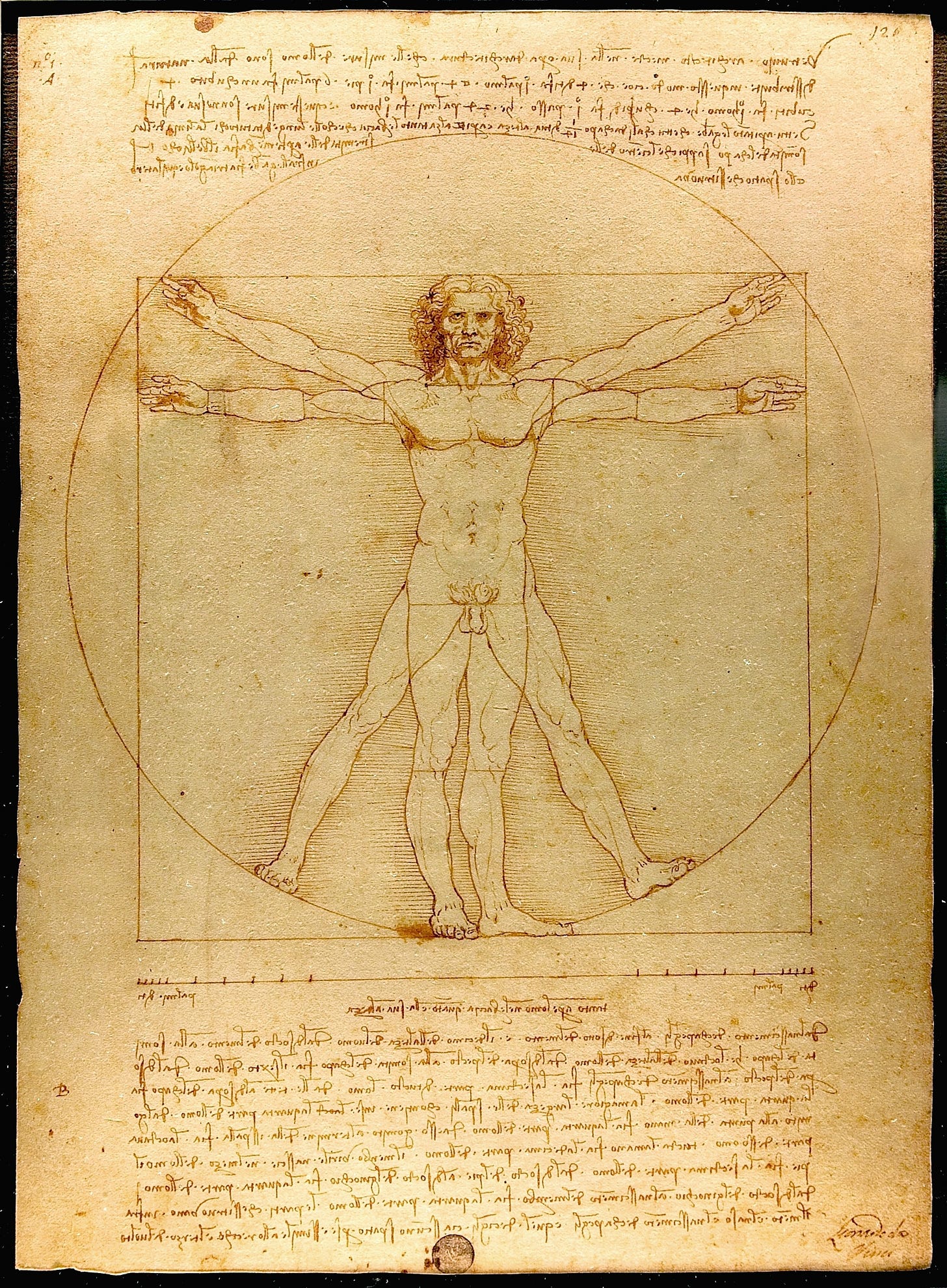Everything you need to know about art
Apologies that the translation cannot match this transcendant poem

Four Short Poems (About my New Cottage) Du Fu No. (3) (ownership) A pair of golden orioles In a jade-green willow Pearly egrets in formation Across a blue sky I have some mountains in my west-facing window Take their snow; it's a thousand years old And some ships that came to my door from where the Yangtze meets the sea 杜甫 绝句四首·其三 两个黄鹂鸣翠柳,一行白鹭上青天。 窗含西岭千秋雪,门泊东吴万里船。
This innovative short series by Du Fu is a challenge. I’ve reordered the poems and added new titles in parentheses in an attempt to make emotional sense of how they might fit together. This poem, No. 3, is the greatest of the series, and sometimes I think the greatest poem of all time.
In Sonnet 18, "Shall I compare thee to a summer's day?" Shakespeare seems to be praising the beauty of his love. But the poem ends with the lines, "So long as men can breathe or eyes can see, So long lives this, and this gives life to thee." The power of his lover’s beauty, it seems, is nothing compared to the power of his own words. Edmund Spenser, another great Elizabethan poet, starts his Amoretti 75 with, “I wrote her name upon the strand,” but comes to a similar conclusion: “…but you shall live by fame: My verse your vertues rare shall eternize”. These are boast poems, celebrations of the poet’s own words.
The theme is worthy enough, but one feels a little for the addressee of each of these sonnets. They might have thought that they were receiving a love letter, but the authors seem to tire of their merely earthly qualities, and strike out on a new path. Abandoned, mid poem, they are left with the cold reassurance that when they die, it won’t matter. Such is genius.
Du Fu has written a boast poem here, but he manages it in a quieter mode, and without insulting some hapless lover. He starts with a very conventional opening, but ends by asserting that all of time, space, and human commerce is there in his little cabin. The single character 含 contain tells us that the mountains are not out there, to be looked at through the window; they are here, right inside the window, in the cabin with Du. This is his power as a poet. Perhaps it’s the shortness of the poem, but I find that swoop of infinite distance pulled into the poet’s grasp absolutely dizzying. And Du’s assurance, using just one word to take ownership of all space, is seductive.
The contrast with another poet, Li Bai, is salutary: Li would have climbed those mountains, and whispered to the gods from their summits (see A Night in a Mountain Temple); Du Fu feels no need to. The mountains come to him.
Note on the translation: this note is no more than an apology. I have wrestled long and hard with this poem, and nothing I do can match the simplicity of diction and intent and effect in the original. The only excuse I can give is that no-one else has managed a decent translation, either.



Wonderous!